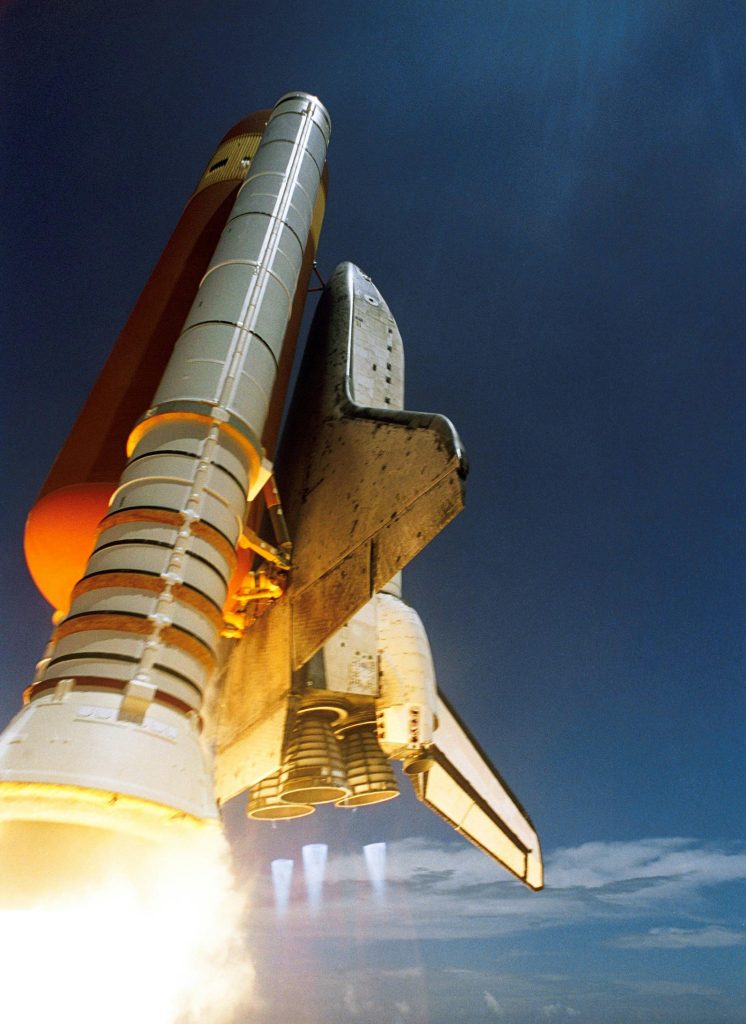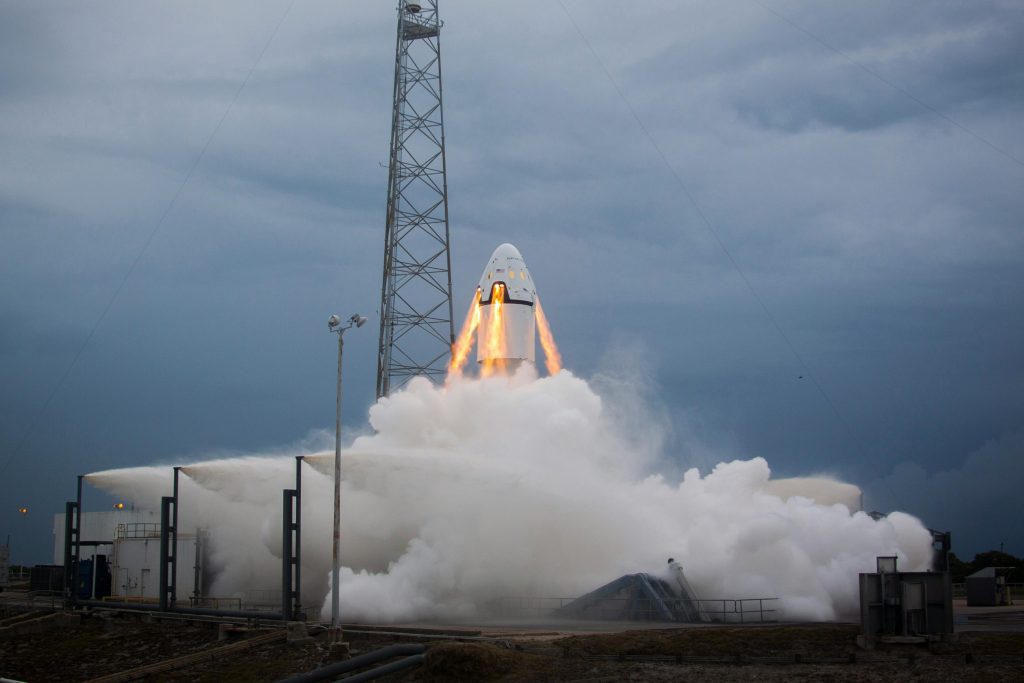Table of Contents
Space exploration, once the exclusive domain of government agencies like NASA and ESA, is undergoing a dramatic transformation. The new frontier of space is being reshaped by private companies, which are not only pushing the boundaries of technology but also redefining the future of space travel and exploration. This article delves into how private companies are leading the new space race, their impact on space exploration, and the potential implications for the future.

The Rise of Private Space Companies
In recent years, private companies have emerged as key players in space exploration, bringing innovation, competition, and a fresh perspective to the industry. Companies like SpaceX, Blue Origin, and Rocket Lab are at the forefront of this new era, driving advancements that were once considered the exclusive domain of government space agencies.
SpaceX, founded by Elon Musk in 2002, has been a trailblazer in the commercial space sector. Its achievements include the development of the Falcon 1, Falcon 9, and Falcon Heavy rockets, as well as the Dragon spacecraft, which has been instrumental in resupplying the International Space Station (ISS). SpaceX’s ambitious goal of reducing the cost of space travel through reusable rockets has significantly lowered the barrier to entry for space missions, making space more accessible than ever before.
Blue Origin, founded by Amazon’s Jeff Bezos in 2000, is another major player in the private space race. The company’s New Shepard rocket, designed for suborbital flights, has successfully completed multiple test flights and aims to offer commercial space tourism in the near future. Blue Origin is also working on the New Glenn rocket, which promises to deliver payloads to orbit with increased efficiency and reliability.
Rocket Lab, founded by Peter Beck in 2006, focuses on providing affordable and reliable small satellite launches. The company’s Electron rocket is designed to cater to the growing demand for small satellite deployment, enabling a range of applications from Earth observation to communication. Rocket Lab’s innovative approach has made it a key player in the burgeoning small satellite market.
Redefining Space Travel
Private companies are not only changing the dynamics of space exploration but also revolutionizing space travel itself. Traditional space missions were characterized by high costs and lengthy development times, but the new wave of private space companies is introducing faster and more cost-effective solutions.
Reusable rockets, pioneered by SpaceX, are one of the most significant advancements in space travel. The successful landing and reflight of the Falcon 9’s first stage have demonstrated the feasibility of reducing launch costs through reusability. This innovation has paved the way for a more sustainable and economically viable space industry, allowing for more frequent and affordable space missions.
Additionally, private companies are developing new spacecraft and technologies that promise to expand human presence in space. SpaceX’s Starship, for example, is designed to be a fully reusable spacecraft capable of carrying humans to the Moon, Mars, and beyond. The ambitious project aims to make interplanetary travel a reality and has the potential to open up new frontiers for exploration and colonization.

Space Tourism and Commercialization
One of the most exciting developments in the new space race is the emergence of space tourism. Private companies are actively working to make space travel accessible to private individuals, opening up new possibilities for adventure and commercial opportunities.
Blue Origin’s New Shepard rocket is designed to take tourists on a brief suborbital flight, offering a few minutes of weightlessness and stunning views of Earth from space. The company’s successful test flights have generated significant interest in space tourism, with future commercial flights expected to cater to paying customers.
SpaceX has also announced plans for space tourism, including private missions around the Moon and beyond. The company’s Crew Dragon spacecraft, which has already been used for ISS missions, is being adapted for commercial space travel. SpaceX’s collaboration with private individuals and organizations for space tourism is expected to accelerate the development of this burgeoning industry.
Implications for the Future
The rise of private companies in space exploration has far-reaching implications for the future of space. The increased competition and innovation brought about by these companies are driving down costs, enhancing technology, and accelerating the pace of exploration.
The commercialization of space also presents new opportunities for scientific research, resource extraction, and international collaboration. Private companies are exploring the potential of space mining, satellite servicing, and space habitats, which could revolutionize industries and contribute to the sustainability of Earth.
However, the growing presence of private entities in space also raises important questions about regulation, safety, and the management of space resources. As the space industry becomes more commercialized, it will be crucial to establish frameworks that ensure equitable access, protect the space environment, and address potential conflicts of interest.

Conclusion
Space exploration 2.0 is characterized by the dynamic and innovative contributions of private companies, which are leading the new space race with groundbreaking technologies and ambitious goals. From reusable rockets and space tourism to commercial space missions and beyond, these private entities are reshaping the future of space exploration. As they continue to push the boundaries of what is possible, the space industry is poised for a new era of discovery, opportunity, and exploration, driven by the ingenuity and vision of the private sector.

